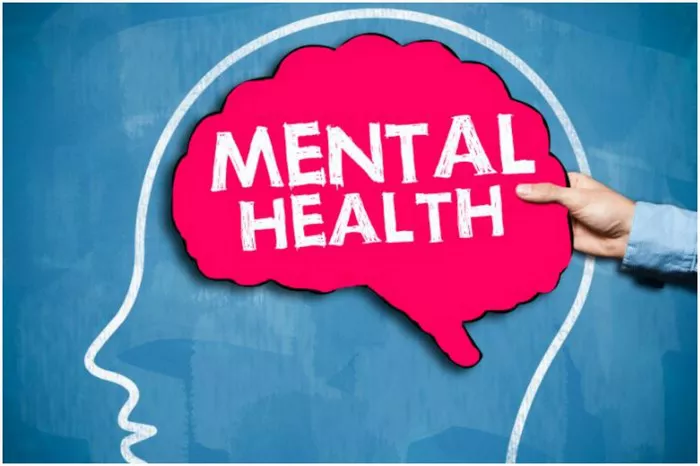FAQs
What are the five levels of depression?
Depression can vary in severity, from mild to severe. The five levels typically include: 1) Normal mood, 2) Mild depressive symptoms, 3) Moderate depression, 4) Severe depression, and 5) Major depression with psychotic features.
What are the 4 R’s of depression?
The 4 R’s of depression are Recognize, Reach Out, Reassure, and Recommend. This mnemonic helps in understanding the steps for addressing depression: recognizing the signs, reaching out for support, reassuring the individual, and recommending professional help or treatment.
What are the 3 P’s of depression?
The 3 P’s of depression are Personalization, Pervasiveness, and Permanence. These concepts, proposed by psychologist Martin Seligman, describe the cognitive distortions common in depression: attributing negative events to personal flaws, seeing them as affecting all areas of life, and believing they will never change.
Related topics:
- Is Pure OCD Curable? Understanding, Treating & Living
- Is PTSD a Mental Health Issue?
- The Nexus of Intelligence and Depression: What You Need to Know


